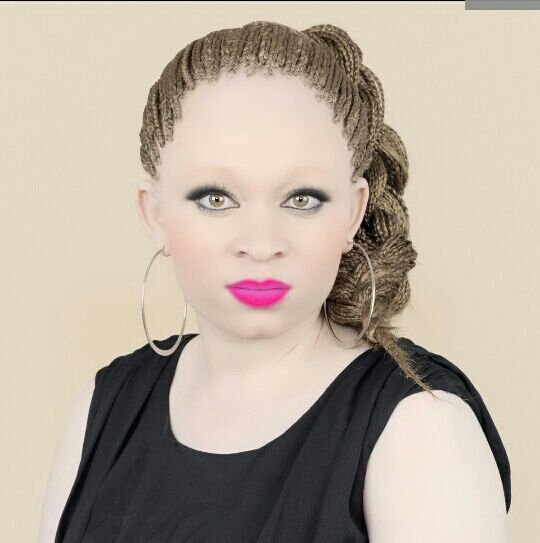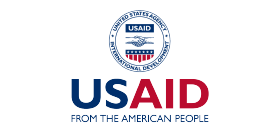Impact Stories & Blogs
Our team share their insights and perspectives on the impact our program is having on youth in East and Central Africa.

Unlike a majority of other people with Albinism, I was fortunate enough to grow up in a community where I was accepted. My parents played a major role in building my self-confidence because they consistently reminded me that I was beautiful. My elder brother was also born with Albinism, so by the time I was born my parents already knew and understood the condition, ensuring that my brother and I were well cared for and loved.
It was not until I was in high school that I began to develop an interest in boys and realized they showed interest in my friends but not in me. With time, I came to understand that they thought I was different and didn’t want to be friends with me. It was only then that I came into contact with real discrimination.
Later, when I enrolled in university, I moved to Nairobi where I came to realize the protective environment that I had been afforded through my upbringing. For the first time in my life, I was called derogatory names because of my condition. I went through moments of confusion and hurt, but I refused to let this bring me down and instead tapped into the confidence and self-esteem my parents had nurtured within me.
I soon realized that other people with Albinism had similar negative experiences and that due to the discrimination many had low self-esteem. A number of them lived in hiding, preferring invisibility to discrimination. While I was involved with initiatives to support persons with albinism, I was not clear on what I wanted to accomplish.
Everything changed for me when I was accepted as a member of the YALI Regional Leadership Center East Africa’s Cohort 2. One of the courses we were provided was Franklin Covey’s “7 Habits of Highly Effective People” and one of the things we were encouraged to do was to write down our personal vision. When I was thinking about my vision, it became clear to me that I wanted to give back to my community by creating awareness about persons with Albinism.
After I graduated from the Center, I began seeking more ways to support my vision and become involved in opportunities to empower persons with Albinism. As such, I volunteered as a director and ambassador with the Colour Kwa Face initiative run by local Kenyan musician Nonini. Volunteers visit schools across the country and share our individual experiences with the students.
When I was growing up, I always had a fascination with make-up. Feeling empowered after developing my personal vision at the Center, I made the decision to audition as a model. I now work with photographers and activists posing for photos in order to break the stigma about Albinism. I’m also using the fashion and makeup industry to tell the story of Albinism, hopefully inspiring other young people like me to embrace who they are and to build their self-confidence. I hope through these mediums, society will accept that persons with Albinism are people just like everyone else and deserve to be loved and treated with respect.
Looking forward, because I am passionate about film, photography, and media, I hope to build a career as a television anchor. I will use this platform to tell the story of persons with Albinism. It is an honor to serve as an inspiration to many and I am glad that my photographs have been shared across the region and on mainstream media, including on CNN. I have come to realize and to appreciate that my success is not just for me, but for all people living with Albinism. The path on which I embarked after my time at the Center has changed me and I am grateful for the transformation that has taken place. It is now up to me to share my story and the tools I have been provided with others who are suffering discrimination because of their condition.



